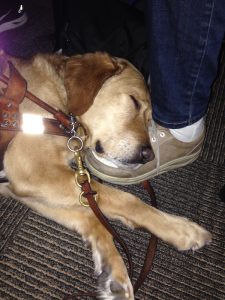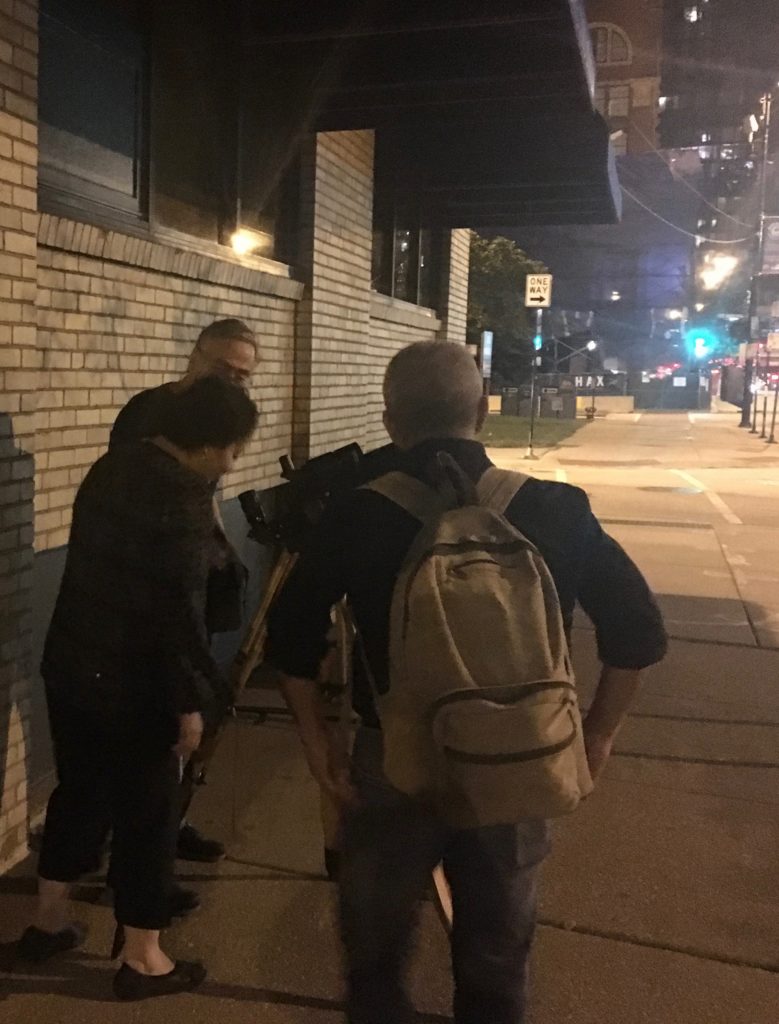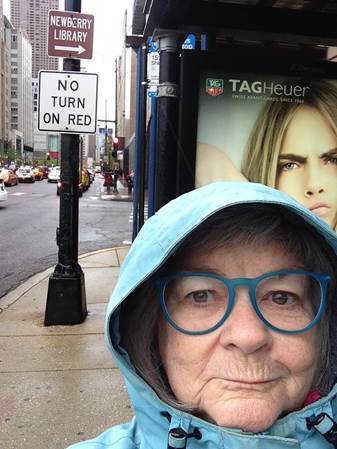The last straw
August 4, 2018 • 6 Comments • Posted in blindness, Braille, careers/jobs for people who are blind, politicsHere’s a post I wrote for the Easterseals national blog before we left for the Mendocino Coast Writers Conference.
 An opinion piece about the banning of plastic straws in different businesses and municipalities published in the Washington Post earlier this month caught my attention. Written by disability advocate Karin Hitselberger, the piece was brilliant at describing what the word “access” means in a pretty short sentence: Access is about the quality of life, and being able to have the same experiences and opportunities as a nondisabled person, with some adaptations.”
An opinion piece about the banning of plastic straws in different businesses and municipalities published in the Washington Post earlier this month caught my attention. Written by disability advocate Karin Hitselberger, the piece was brilliant at describing what the word “access” means in a pretty short sentence: Access is about the quality of life, and being able to have the same experiences and opportunities as a nondisabled person, with some adaptations.”
Karin Hitselberger lost me, though, when she claimed the efforts of businesses and municipalities to help reduce ocean pollution by discouraging the use of plastic straws is an accessibility issue. “This isn’t about straws,” she wrote. “It’s about access”.
I’d say it’s about both.
You regular Easterseals blog readers know that I’m a huge fan of the word “reasonable” when it comes to reasonable accommodations for people with disabilities, but in my view, the “reasonable” part applies to both parties. How about we work together on this one so everybody wins? It doesn’t seem unreasonable to ask people who need plastic straws to bring their own. I have Type 1 diabetes and need insulin to be able to eat, and I bring it along when I eat at restaurants. I am blind and can’t tell if the packets at a coffeeshop are sugar or artificial sweetener. I suppose I could demand that packets be Brailled for those of us who can’t see, but so few of us read Braille that this would seem an unreasonable request. So I just bring my own packets to make sure I’m getting what I need. People who need straws to eat and drink and bring their own along when they eat out will not only ensure they have what they need, but also know their efforts can help the environment by cutting down the number of people using straws when they don’t absolutely need to.
In her article, Karin Hitselberger points out how complicated life with a disability can be:
Living with a disability means having to worry about things on a daily basis that never cross other people’s minds. It means worrying about whether somebody will come to help you get out of bed in the morning. It means a morning commute completely derailed by an elevator outage. Living with a disability means only being able to travel to cities where accessible transportation is an option. Living with a disability takes a lot of planning and energy and learning how to exist in a world that is not made for you
I agree. Living with a disability takes a lot of planning and energy. Accessible transportation is a necessity. Accessible jobs, technology, education and civil rights are necessities. I also agree that learning how to live in a world that is not always made for people with disabilities can be a challenge. But asking us to bring an insulin pen or a packet of artificial sweetener or a straw along when heading out? That just doesn’t seem so challenging. To me, it doesn’t qualify as an unreasonable request.



